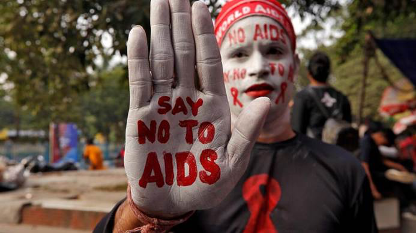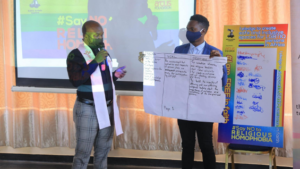In October 2017, the Canadian HIV/AIDS Legal Network (based in Toronto) organised the Intimate Convictions conference in Jamaica, which was attended by several religious leaders.
“The objective of this conference was to encourage religious leaders to talk publicly about their opposition to the criminalisation of same-sex intimacy and to buggery laws,” the report revealed.
According to the study, representatives from the Anglican and Adventist churches from the Caribbean and from the Evangelical church from the United States attended the conference. Evangelical leaders from the Caribbean were invited but did not attend. The conference was mostly attended by religious leaders from the North. Organisers were disappointed that those who opposed the movement the most were not present. Among those who did go was a prominent Jamaican pastor who spoke out in support of the LGBTQI agenda.
Another Intimate Conviction Conference was hosted in 2020 in Kingston, Jamaica, which was attended by members of the clergy.
In this session, a different clergyman, this time from the Anglican church, was one of the main presenters.
“While it remains a controversial subject, those who know the value and importance of promoting human rights and justice for all must of necessity speak up for the well-being of all people, inclusive of our LGBTI citizens. We live in a world where bullies often get their way at the expense of the oppressed, vulnerable, and minority in society. Gender and sexual diversity are justice issues. May we seek only to promote laws that protect and remove those that do harm,” he was quoted as saying.
ARCUS FOUNDATION GOALS IN THE CARIBBEAN
1. Increased safety for LGBTQ people. Safer societies with reduced levels of anti-LGBTQ violence. Increased security for LGBTQ advocates and communities.
2. Increased LGBTQ-affirming protections. International, regional, and local policies that fully protect and uphold the human rights and fundamental freedoms of all LGBTQ people, and the repeal of policies that curtail such rights and freedom.
3. Increased inclusion and acceptance of LGBTQ people. Public-positive protections, narratives, and discourse that appreciate the full diversity and experience of LGBTQ people; produced in conjunction with LGBTQ people, especially those pushed to the margins.
Source: arcusfoundation.org/Faith-based efforts in the Caribbean to combat discrimination based on sexual orientation and gender identity.






